Rock wool Loose Wool: Budget-Friendly Thermal & Acoustic Insulation in KSA
Explore premium elastomeric rubber insulation solutions at Gitco-sa.com. We offer high-performance thermal insulation for HVAC, refrigeration, and industrial applications, ensuring superior energy efficiency and condensation control.
Description
Loose Wool is a high-performance thermal and acoustic insulation product, crafted from molten basalt rocks that are spun into fine fibers. The material is treated to enhance flexibility, water repellency, and ease of handling. This insulation is specifically designed for filling applications, providing both excellent thermal and acoustical properties. With a thermal conductivity of just 0.033 W/m²C at 0°C, Rock Wool Loose Wool is a highly effective barrier against heat loss, contributing to significant energy savings. It is a non-combustible material with a Flame Spread Index of 0 and Smoke Developed rating of 0, ensuring a high level of fire safety.
The product’s acoustic performance is a key feature, as it effectively reduces noise and creates a quieter environment. Its Noise Reduction Coefficient (NRC) reaches 0.75 for a 1-inch thickness and an impressive 0.95 for a 2-inch thickness. This makes it a perfect solution for improving sound control in a variety of settings. Gitco-sa.com is proud to offer this versatile product for commercial, industrial, and residential projects across Saudi Arabia,UAE and Bahrain. Loose Wool is packed in 20 kg polyethylene bags, making it easy to transport and use for various filling needs. Its non-corrosive nature and resistance to fungi growth further ensure long-term durability and a healthy environment.
Key Applications of Rock Wool Loose Wool:
Loose Wool is suitable for a complete range of thermal and acoustic insulation projects. Its flexible nature and non-combustible properties make it ideal for:
- Filling irregular cavities and voids in walls, ceilings, and floors.
- Insulating industrial equipment, ovens, and boilers.
- Providing sound absorption in cinema halls, auditoriums, and music studios.
- Thermal and acoustic insulation in prefabricated buildings and modular homes.
Our Loose Wool prices are the Lowest for Loose Wool products, making it a budget-friendly solution for projects in Dammam, Al-Khobar, Al Jubail, Riyadh, Jeddah, and across Saudi Arabia. We ensure a complete range of this versatile product to meet all your project requirements, with quality you can trust at unbeatable prices.
Know more about Rock wool Loose Wool:
1. What is Loose Wool Rock Wool?
It’s an insulation material made from spinning molten basalt rock into fine, fibrous strands that are collected in a loose, unbonded form. This loose fill is a flexible and adaptable alternative to rigid boards or batts.
2. What are the primary uses of loose rock wool Loose Wool?
It’s ideal for filling irregular or hard-to-reach cavities in buildings, such as attics, wall voids, and ceilings. It’s also used in industrial applications like ovens and brake linings, and for creating fireproof insulation pads.
3. How is it different from rock wool batts or slabs?
The primary difference is its form. Loose wool is blown or hand-packed into spaces, allowing it to conform to unique shapes and fill all voids completely. Batts are pre-cut, semi-rigid panels that must be fitted into standard cavities.
4. What are its key advantages?
Its main benefits are superior thermal performance, excellent sound reduction, non-combustibility, and its ability to fill every nook and cranny for a seamless layer of insulation.
5. What is the typical thermal conductivity (lambda value)?
The thermal conductivity of loose rock wool is typically very low, often around 0.033 W/mK at 0 °C, making it a highly effective thermal insulator.
6. What is the recommended density for effective insulation?
For insulation applications, the packed density of loose rock wool is adjustable, but it is often around 80 kg/m³ to ensure optimal performance without excessive settling.
7. How does it perform in a fire?
Rock wool is a non-combustible material. It has a high melting point, typically exceeding 1000 °C, and does not contribute to flame spread or produce significant toxic smoke, making it an excellent passive fire protection solution.
8. Is it a good soundproofing material?
Yes, its fibrous structure is highly effective at absorbing sound. It has a high Noise Reduction Coefficient (NRC), often above 0.95, making it great for reducing both airborne and impact noise.
9. Is loose rock wool resistant to moisture?
Yes, rock wool is naturally hydrophobic, meaning its fibers repel water. It does not absorb moisture and retains its thermal performance even when exposed to damp conditions.
10. Does it cause mold or fungi growth?
No, as an inorganic material, it does not support the growth of fungi, mold, or bacteria.
11. What is the difference between rock wool and slag wool?
Rock wool is made from natural basalt rock, while slag wool is made from industrial waste slag. Rock wool generally has a higher acidity coefficient, which gives it better durability, water resistance, and corrosion resistance.
12. Does it corrode metal pipes or wires?
No, it is non-corrosive and will not cause rust or degradation to metals it is in contact with.
13. Is loose rock wool safe to handle?
While it is considered safe and non-carcinogenic, it can cause skin, eye, and respiratory irritation from fiber particles. It’s recommended to wear long sleeves, gloves, safety glasses, and a dust mask during installation.
14. What are the installation methods for loose wool?
It can be installed by hand-packing into cavities or, for larger projects, by using a blowing machine that distributes the material quickly and evenly.
15. Can it be installed in residential attics?
Yes, it is a very common and effective solution for insulating residential attics, especially those with many irregular spaces and obstructions.
16. What is its environmental impact?
It’s considered an environmentally friendly insulation. It’s made from a natural, abundant resource (volcanic rock) and can contribute to a building’s energy efficiency for decades, significantly reducing its overall carbon footprint.
17. How long does loose rock wool last?
Loose rock wool is extremely durable. It does not sag or settle over time and maintains its thermal and acoustic properties for the lifetime of the building.
18. Does it have a smell?
No, rock wool is an odorless material that does not rot or decompose.
19. What is the operating temperature range?
It can withstand a very wide range of temperatures, typically from -50 °C to +650 °C, making it suitable for both cold and high-heat applications.
20. Where can one purchase loose rock wool in the Middle East?
Companies like GITCO-SA for brands like Saudi Rockwool (SRW) and more brands supply loose rock wool in the GCC region, providing access to certified and locally manufactured products.
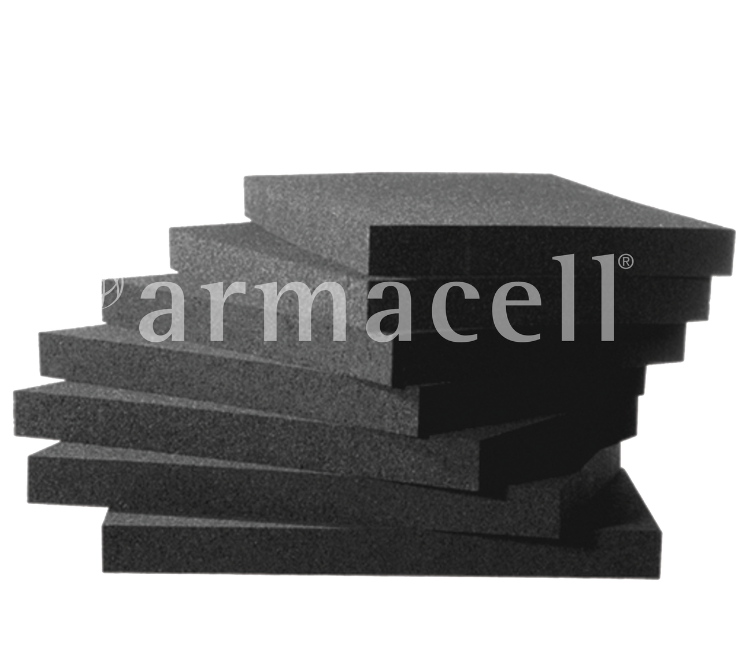
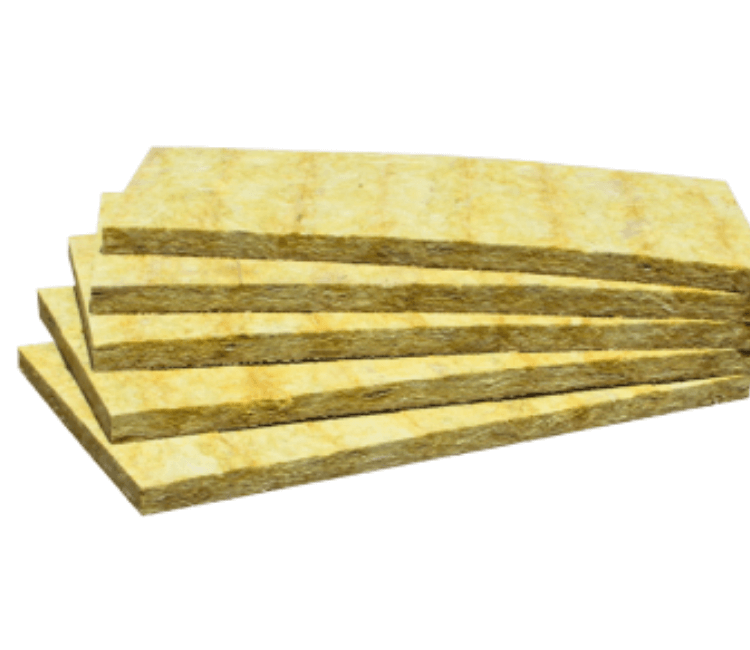
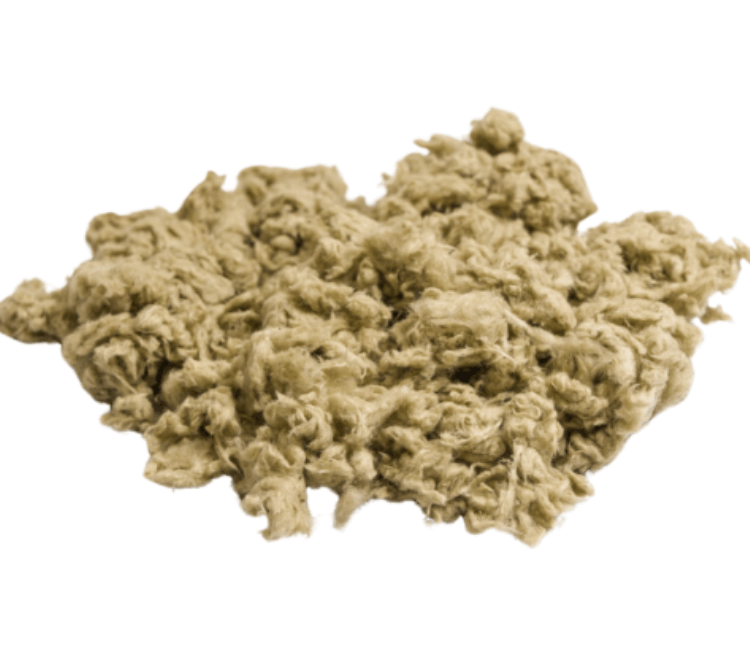
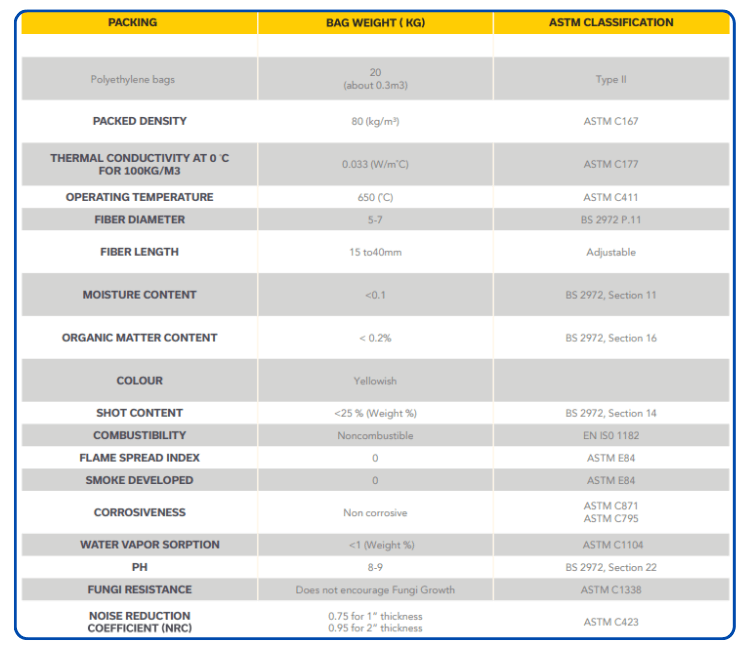
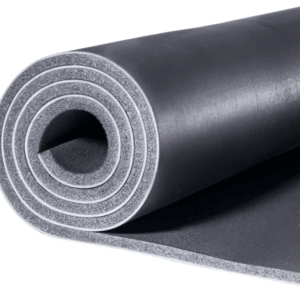
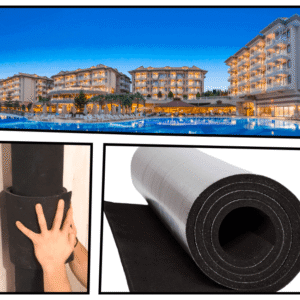


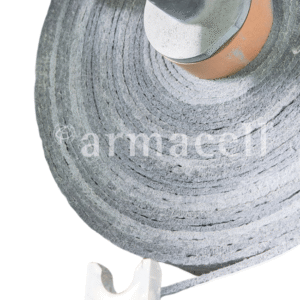
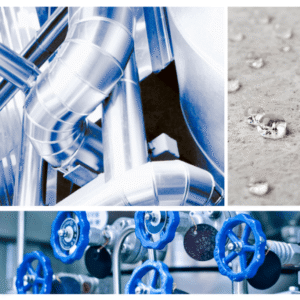
Reviews
There are no reviews yet.